Main Content
Vienna
explore Vienna
The town of Vienna is a small enclave in Fairfax County measuring just over four square miles. The 2020 Census counted just over 16,000 residents living in 5,418 households. Eighty-five percent of the population lived in owner-occupied housing with a median value of $912,500. Three-quarters of residents 25 years old or older reported having at least a Bachelor’s degree. The median household income was just under $216,000.
Driving from Fairfax City into Vienna on Cottage Street and turning off onto almost any street to the left or right, one cannot help but be struck at the regentrification of the housing. As old houses hit the market, both developers and wealthy individuals are snapping them up, tearing them down and replacing them with much more expensive houses, many of which are significantly more modern in their architecture.
Geography and Demographics
Vienna, Virginia, is a small yet vibrant town located in Fairfax County. Nestled within the Washington, D.C. metropolitan area, Vienna covers approximately 4.4 square miles. It is bordered by Tysons Corner and Oakton, and is known for its lush green spaces and well-preserved, historic neighborhoods. The town's proximity to the Metro transit system and major highways, such as Interstate 66 and the Capital Beltway (I-495), ensures easy access to Washington, D.C., about 15 miles away.
As of the 2020 census, Vienna had a population of around 16,500 residents. The town boasts a diverse demographic profile, with a mix of families, young professionals, and retirees. Vienna is known for its high median household income of just under $216,000, reflecting its status as an affluent suburban community. The population is predominantly white, but there is a significant presence of Asian, African American, and Hispanic communities, contributing to the town's cultural richness.
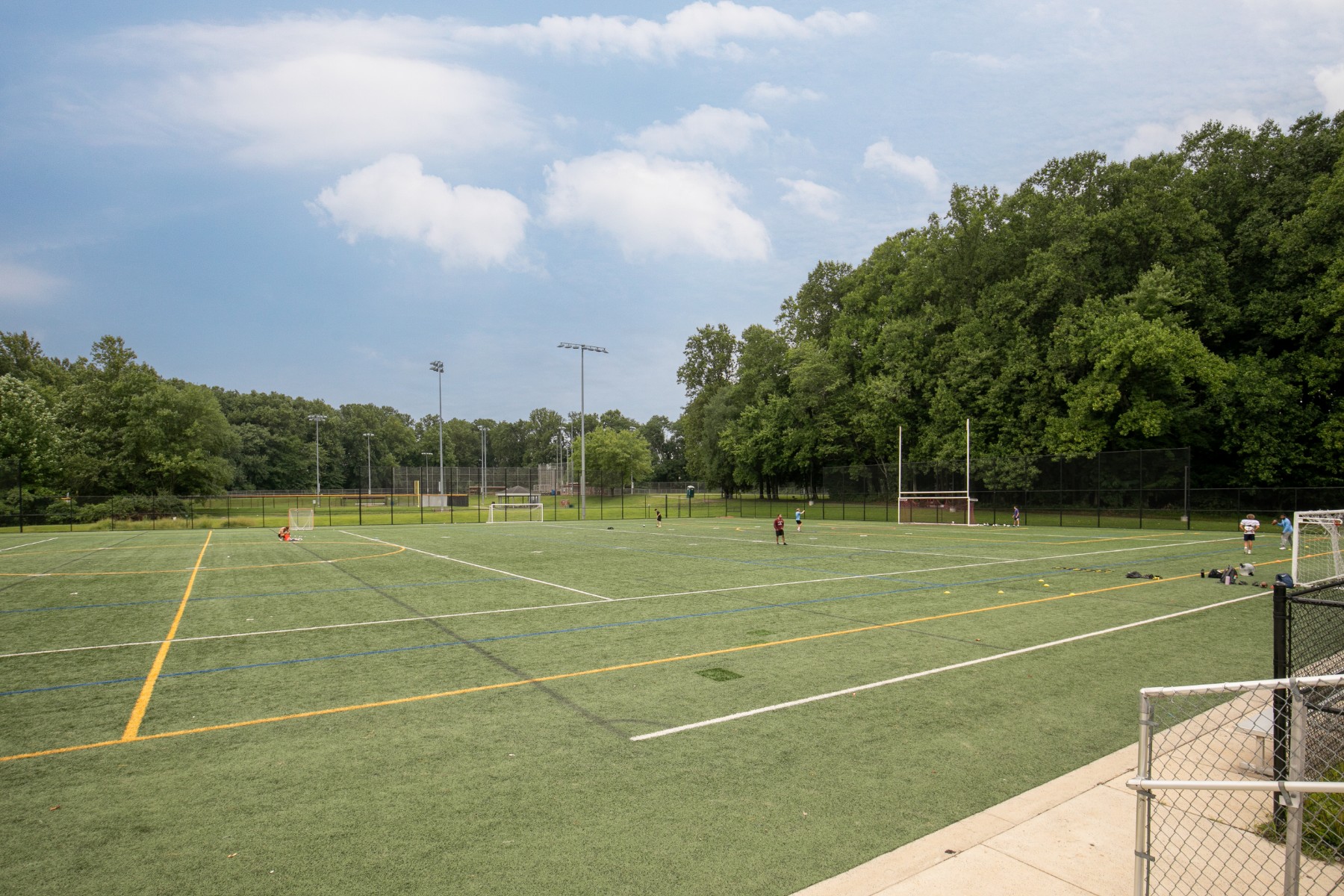
History
Vienna was originally called Ayr Hill, which was settled in the 1740s. The name was changed to Vienna in the mid-19th century. The town played a role during the Civil War, serving as a strategic location for both Union and Confederate troops due to its proximity to Washington, D.C., and the vital railway lines.
Vienna's historical charm is preserved in many of its well-maintained buildings and landmarks. The Freeman Store and Museum, built in 1859, is a key historic site that offers a glimpse into the town's past. The historic district, with its tree-lined streets and Victorian-era homes, stands as a testament to Vienna's commitment to preserving its heritage.
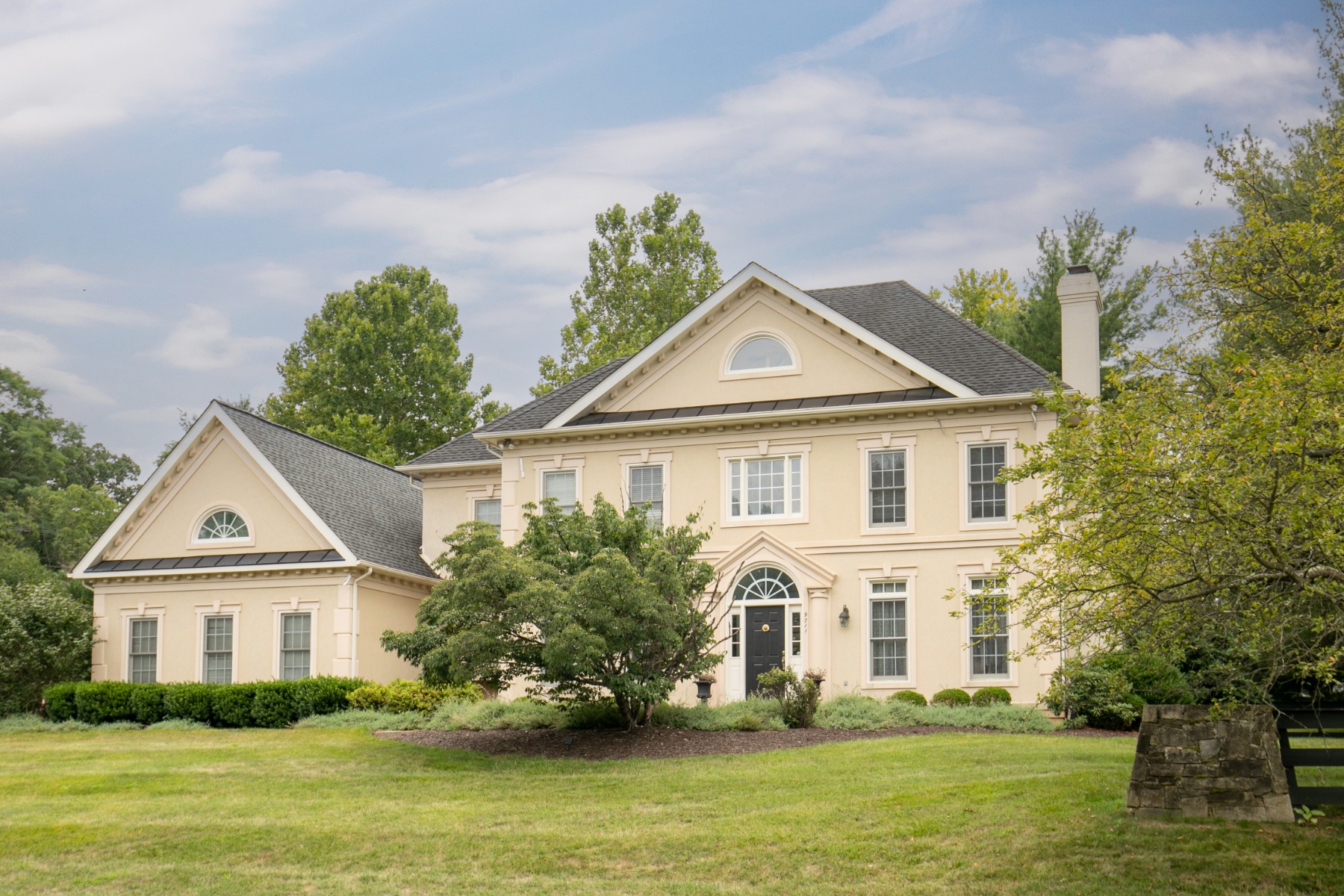
Economy
Vienna's economy is robust and diverse, benefiting significantly from its location within the prosperous Northern Virginia region. The town serves as a residential hub for professionals working in the nearby technology and government sectors. The presence of Tysons Corner, one of the largest business districts on the East Coast, just a few miles away, also bolsters Vienna's economy.
Local businesses thrive in Vienna's vibrant downtown area, which is dotted with boutiques, restaurants, and cafes. The town supports a strong small business community, and events like the annual Viva! Vienna! Festival celebrate and promote local commerce. Additionally, Vienna benefits from the economic activities generated by its proximity to Washington, D.C., attracting a workforce involved in government, defense, and consulting industries.
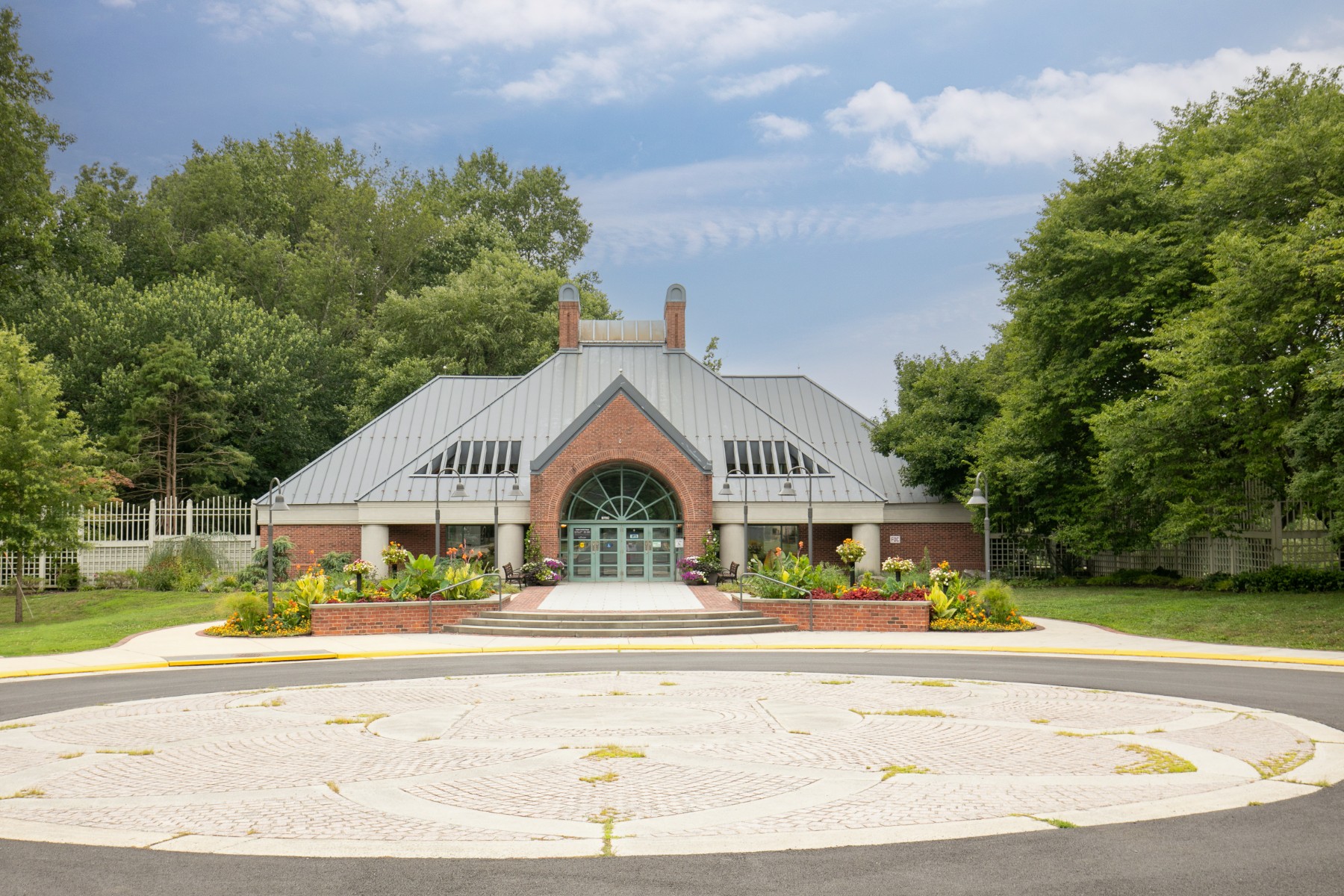
Education
Vienna is home to several top-rated public schools, including Colvin Run Elementary School, Vienna Elementary School, and James Madison High School. US News ranked James Madison the ninth best public high school in Virginia for 2024.
In addition to public schools, Vienna offers access to various private educational institutions and specialized learning centers. The town's commitment to education is further exemplified by its well-stocked public library, Patrick Henry Library, which serves as a community hub for learning and enrichment.
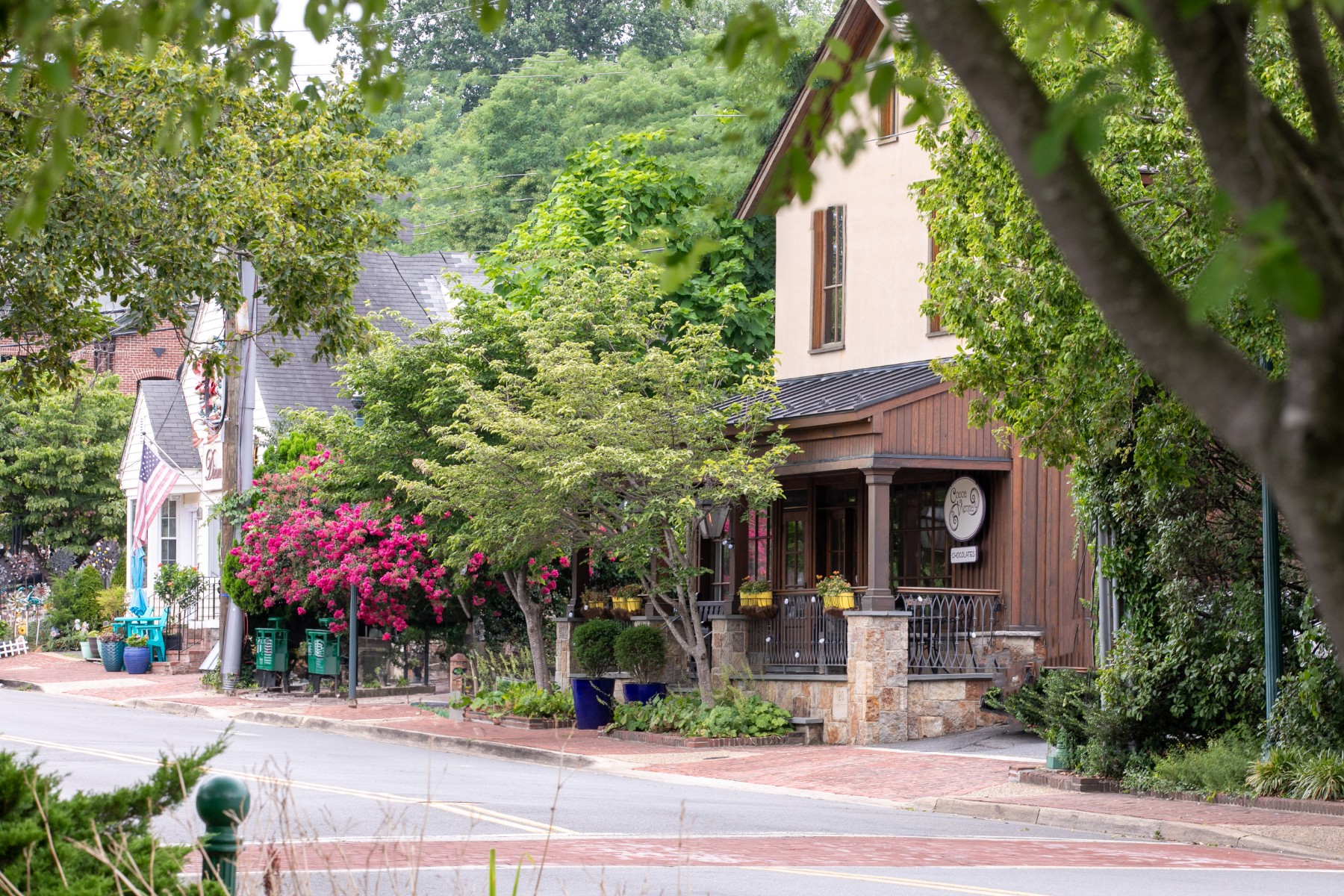
Real Estate and Housing
Vienna's real estate market is characterized by its range of housing options, from charming historic homes to modern developments. The town is known for its high property values, with eighty-five percent of the population living in owner-occupied homes with a median value of $912,500. The housing stock includes single-family homes, townhouses, and a few apartment complexes, catering to different lifestyle needs and preferences.
The historic district is particularly notable for its beautifully preserved homes dating back to the 19th and early 20th centuries. Newer developments offer modern amenities and cater to the demand for luxury housing. Vienna's neighborhoods are known for their spacious lots, tree-lined streets, and a strong sense of community, making it an attractive place to live.
Driving from Fairfax City into Vienna on Cottage Street and turning onto almost any street to the right or left, one cannot help but be struck at the regentrification of the housing. As old houses hit the market, both developers and wealthy individuals are snapping them up, tearing them down and replacing them with much more expensive houses, many of which are significantly more modern in their architecture.
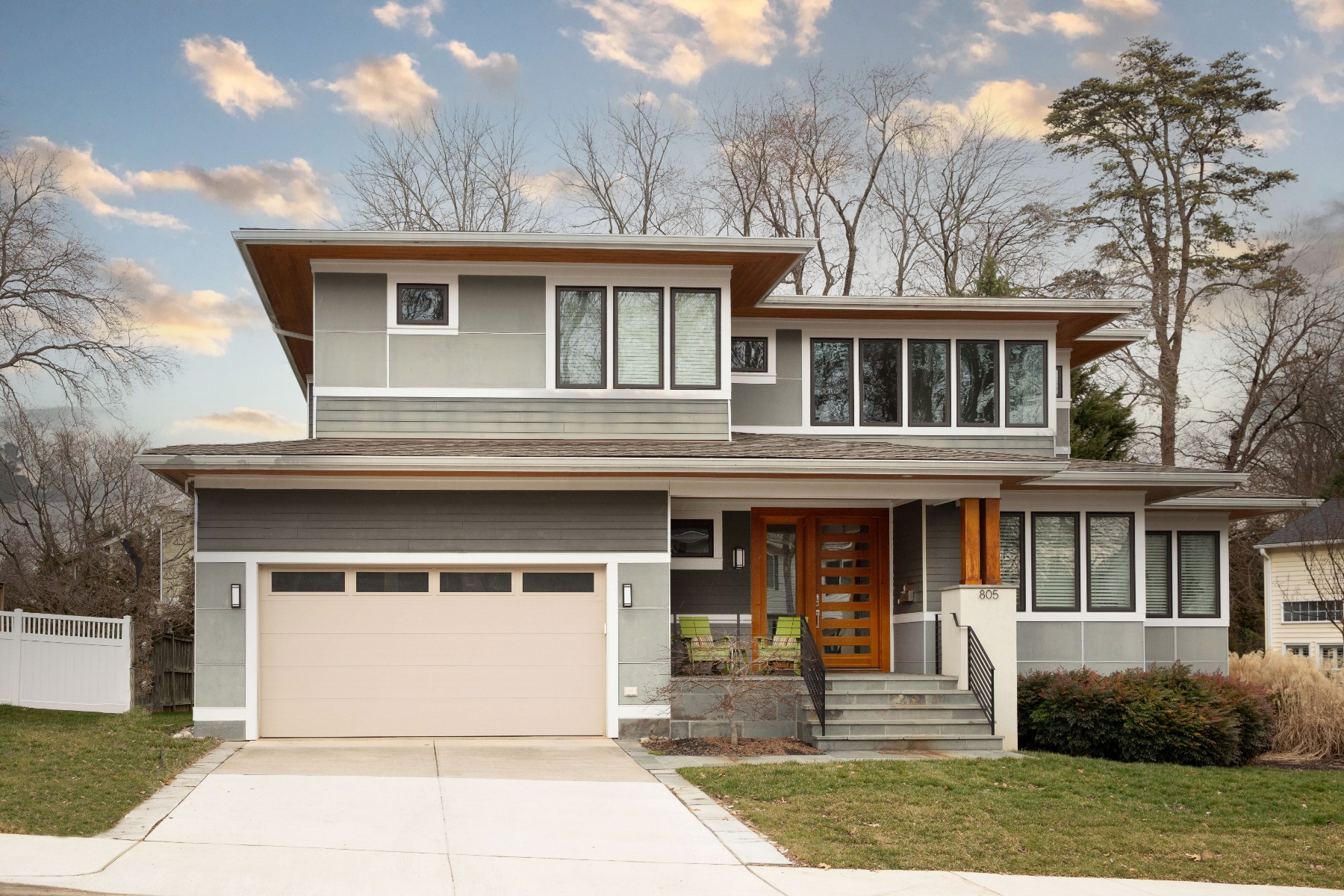
Transportation
Transportation in Vienna is facilitated by its strategic location near major highways and public transportation options. The town is well-connected by Interstate 66 and the Capital Beltway, providing easy access to Washington, D.C., and other parts of Northern Virginia. The Vienna/Fairfax-GMU Metro station on the Orange Line of the Washington Metro system is a critical transit hub for residents, offering a convenient and efficient way to commute to the capital and other areas in the region.
In addition to the Metro, Vienna benefits from an extensive network of local bus services operated by the Fairfax Connector. The town is also bicycle-friendly, with several bike trails and lanes encouraging cycling as a mode of transportation. For those who prefer walking, Vienna's pedestrian-friendly downtown area makes it easy to access shops, restaurants, and parks.
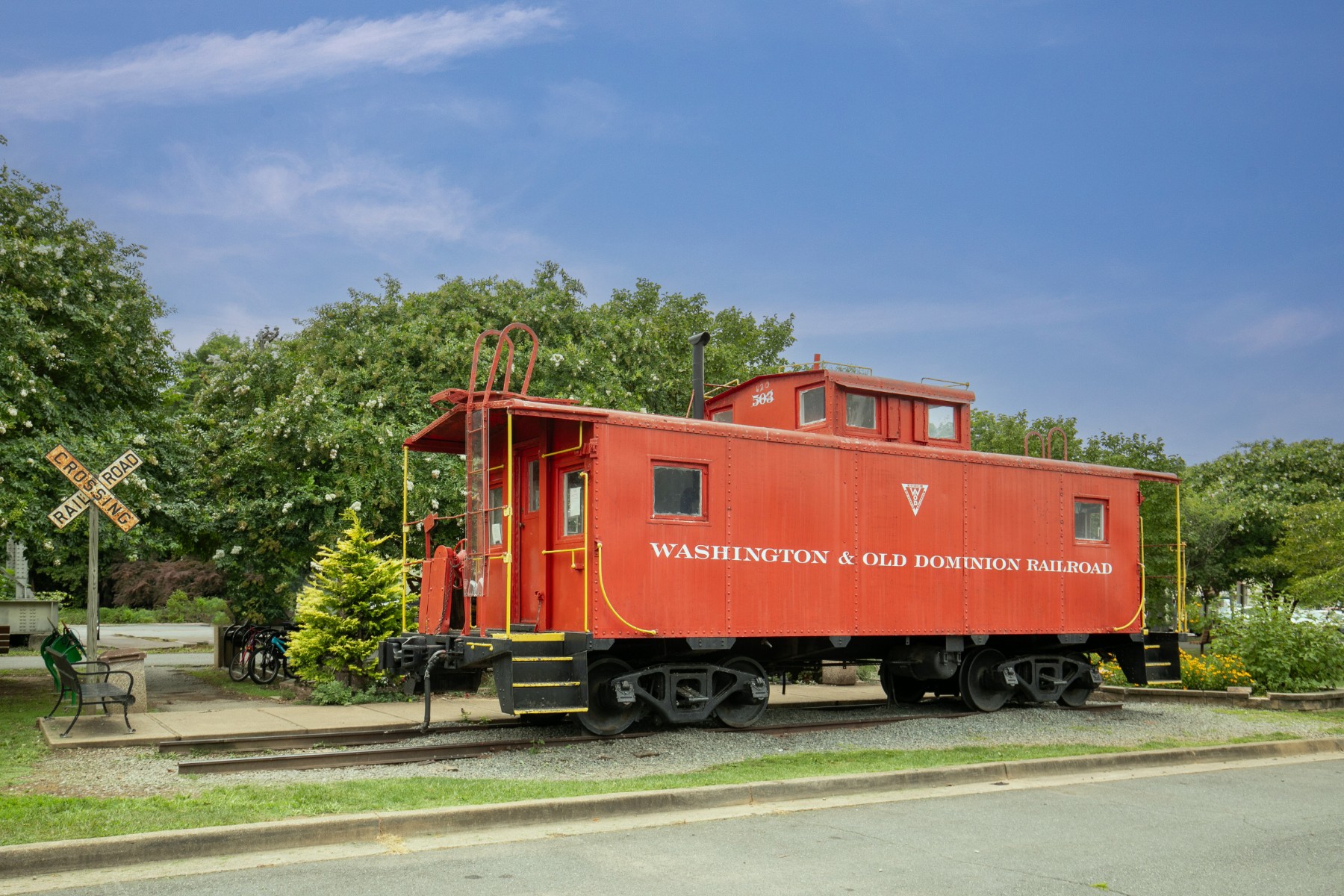
Community and Amenities
Vienna prides itself on its strong sense of community and the quality of life it offers its residents. The town hosts numerous community events throughout the year, fostering a close-knit atmosphere. The annual Viva! Vienna! Festival, a Memorial Day weekend event, is a highlight, featuring carnival rides, food vendors, and local entertainment. Other popular events include the Oktoberfest celebration and the Vienna Halloween Parade.
Parks and recreational facilities are abundant in Vienna. The 92-acre Meadowlark Botanical Gardens offer beautiful landscapes, walking trails, and a vibrant variety of flora. The Washington & Old Dominion Railroad Regional Park, commonly known as the W&OD Trail, is a 45-mile multi-use trail that runs through Vienna, providing excellent opportunities for walking, jogging, and cycling.
Vienna Community Center serves as a hub for recreational activities and community programs, offering facilities like a gymnasium, fitness center, and various classes and events. The town also has a rich cultural scene, with the Vienna Arts Society promoting local artists and hosting regular exhibitions and workshops.
In summary, Vienna, Virginia, is a picturesque town that combines historic charm with modern amenities. Its strategic location, excellent schools, vibrant economy, and strong sense of community make it an attractive place to live, work, and raise a family. The town's commitment to preserving its heritage while fostering growth ensures that Vienna remains a desirable destination within the Northern Virginia region.
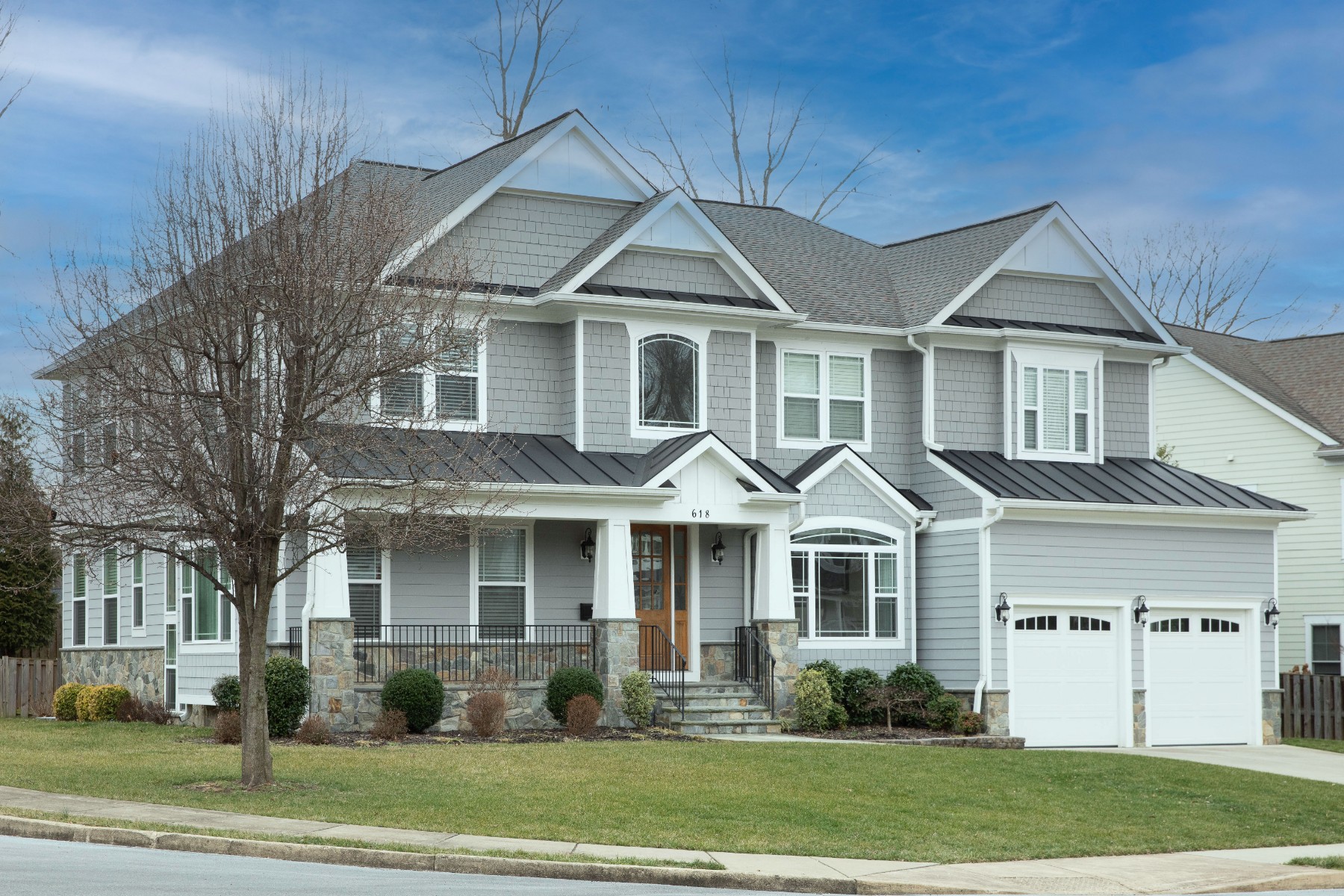
From Just Listed To Sold: “Your Dream Sale Starts Here”
Imagine your home selling quickly and at the best possible price. With Dwight’s innovative marketing techniques and personalized service, this vision becomes a reality. Don’t settle for the ordinary when you can have the extraordinary. List your home with Dwight today and experience the difference of working with a true professional.

